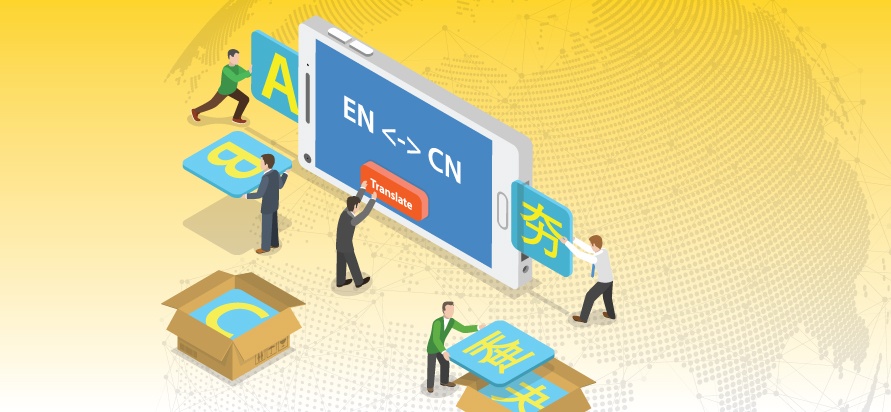Unifying employee health across borders and cultures — going global part 3 of 3
By Enterprise Health on Mar 24, 2017 3:59:13 PM

“Think global. Act local.”
Surely, you’ve seen this somewhere – in an article or on a bumper sticker. And while the sentiment applies to everything from what foods you eat to how you consume energy, it’s equally relevant in employee healthcare. We’ll wrap up our “Going Global” series on global health with a focus on localizing teams and services at the point of delivery and a quick look at measures of success.
Lost in translation
Even before the internet, we looked forward to wasting a few minutes with those funny examples of advertising slogans or signs that carried a completely different meaning in the countries and cultures where they were used. Pepsi took the “Come alive with the Pepsi Generation” line to Taiwan where it became “Pepsi will bring your ancestors back from the dead.” A Swiss restaurant menu appealed to English-speaking oenophiles with the (translated from Swiss) promise “Our wines leave you nothing to hope for.”
You get the picture: localizing your strategy is imperative to success.
Lesson 7: Appoint and train local experts
While worker healthcare is uniform at the macro level, cultural norms dictate care on location. Identifying and recruiting local subject matter experts (SMEs) to provide hands-on insight is good for the organization and the local workforce. Nursing and administrative staff are often tapped for these roles and become an essential resource for translating corporate standards to the cultural standards of the clinic site.
In addition to localizing workflow and clinic practices pre-implementation, SMEs are ongoing liaisons between the local site and HQ. In this role, they are available to answer staff questions and provide local system administration support.
Local SMEs:
- Should be bilingual and cross-trained in system operations
- Can assist in training, implementation, and system support
- Can efficiently resolve basic user issues without need for helpdesk support
When one Enterprise Health client took their program global, local SMEs proved to be a high-efficiency resource for system operations.
“Our SMEs were responsible for scheduling and compliance exam documentation and reporting,” our client reported. “Ninety-five percent of the issues could be handled quickly and easily at the local level by the SME. Things like ‘I forgot my password,’ or ‘where do I look for this,’ or ‘I deleted something by mistake.’ The SME could take care of those things immediately.”
Lesson 8: Assess implementation with an eye on improvement
Even when implementation is complete, the process continues – with post-implementation documentation and communication, upgrades, and improvements.
In any given company, the employee health issues are universal from location to location. As a result, lessons learned through an implementation in, say, Argentina, will likely benefit a future implementation somewhere else.
Make sure your post-implementation assessment captures what went well, where improvements can be made, and ideas for streamlining future implementations.
Be sure to:
- Solicit feedback from the teams involved
- Document what was learned in the process
- Update the implementation checklist
- Thank and reward the team publicly
Bonus: A picture is worth 1,000 words
Even with the most systematic, well-organized domestic employee program in place, global expansion is a complex endeavor. It took three blogs just to cover our basic lessons learned!
You May Also Like
These Related Stories

Unifying employee health across borders and cultures — going global part 1 of 3

Unifying employee health across borders and cultures — going global part 2 of 3
